The constructor is just a structure provided by the language. Every test framework seems has its own controlled lifecycle "initialize". You'll probably only get into trouble using the constructor to mutate your locals.
MSTest: You get an entire new instance of the test class for every TestMethod. This might be the only case where it's ok to mutate your locals in the constructor, initializer, or test method and not affect the other test methods.
public class TestsForWhatever
{
public TestsForWhatever()
{
// You get one of these per test method, yay!
}
[TestInitialize]
public void Initialize()
{
// and one of these too!
}
[TestMethod]
public void AssertItDoesSomething() { }
[TestMethod]
public void AssertItDoesSomethingElse() { }
}
MSpec: You only get one Establish and Because for all your assertions (It). So, don't mutate your locals in your assertions. And don't depend on mutations of locals in base contexts (if you use them).
[Subject(typeof(Whatever))]
public class When_doing_whatever
{
Establish context = () =>
{
// one of these for all your Its
};
Because of = () => _subject.DoWhatever();
It should_do_something;
It should_do_something_else;
}
